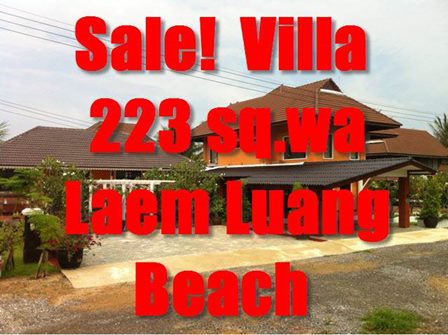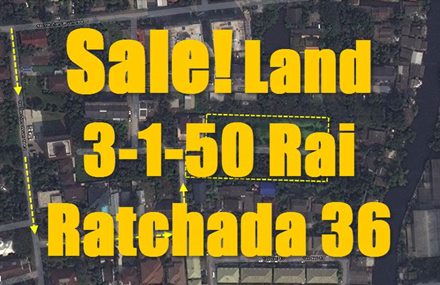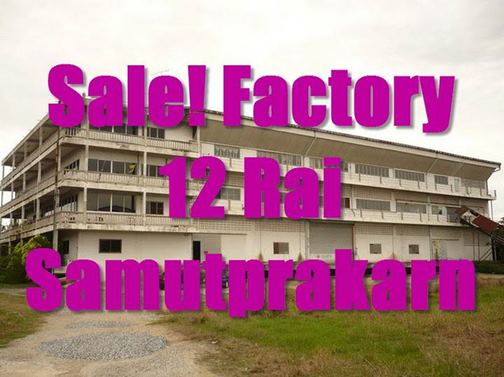Is the property boom over?
Markets across Asia are falling or flattening, the Wall Street Journal reports. Numbers out of Beijing, Hong Kong, Sidney and Singapore reflect property value declines, while markets such as Bangkok and Kuala Lumpur are stagnent.
This comes after many Asian markets have experienced growth in the past few years, some up as much as 70 per cent since 2009.
The decline comes after some governments, including Singapore’s, have introduced cooling measures intended to prevent an out-of-control bubble than some say is pricing residents out of the market.
“Right now, to many of the governments including China and Singapore, they see more risks in asset bubble forming than a sharp fall in housing prices,” Jinsong Du, an analyst at Credit Suisse, told the Journal.
More than 100,000 new residential units in Singapore are scheduled for completion in the next three years, according to Standard Chartered analysts. Foreigners, mostly Chinese, Indonesian, Malaysian and Indian, made up 36 per cent of all new-home sales to date in 2011.
In China, where the government has clamped down on speculation in the housing market, average property prices in 70 Chinese cities posted their first monthly decline in October.
“We still see a strong medium-, long-term demand for residential developments in China because people always want to upgrade or improve their living standards,” said Justin Chiu, executive director of Cheung Kong Holdings Ltd., ta Hong Kong company that has increased its presence in China in recent years.
Still, overall residential sales volume in China fell 3.3 per cent in November from a year earlier, according to the National Bureau of Statistics, following an 11.6 percent drop in October. The luxury property market was down 3 per cent in Beijing, year over year.
Australian property prices also fell this year, after decades of steady growth. In Japan, property continued a 20-year trend downward.
by Property Report Asia
Markets across Asia are falling or flattening, the Wall Street Journal reports. Numbers out of Beijing, Hong Kong, Sidney and Singapore reflect property value declines, while markets such as Bangkok and Kuala Lumpur are stagnent.
This comes after many Asian markets have experienced growth in the past few years, some up as much as 70 per cent since 2009.
The decline comes after some governments, including Singapore’s, have introduced cooling measures intended to prevent an out-of-control bubble than some say is pricing residents out of the market.
“Right now, to many of the governments including China and Singapore, they see more risks in asset bubble forming than a sharp fall in housing prices,” Jinsong Du, an analyst at Credit Suisse, told the Journal.
More than 100,000 new residential units in Singapore are scheduled for completion in the next three years, according to Standard Chartered analysts. Foreigners, mostly Chinese, Indonesian, Malaysian and Indian, made up 36 per cent of all new-home sales to date in 2011.
In China, where the government has clamped down on speculation in the housing market, average property prices in 70 Chinese cities posted their first monthly decline in October.
“We still see a strong medium-, long-term demand for residential developments in China because people always want to upgrade or improve their living standards,” said Justin Chiu, executive director of Cheung Kong Holdings Ltd., ta Hong Kong company that has increased its presence in China in recent years.
Still, overall residential sales volume in China fell 3.3 per cent in November from a year earlier, according to the National Bureau of Statistics, following an 11.6 percent drop in October. The luxury property market was down 3 per cent in Beijing, year over year.
Australian property prices also fell this year, after decades of steady growth. In Japan, property continued a 20-year trend downward.
by Property Report Asia












 RSS Feed
RSS Feed
